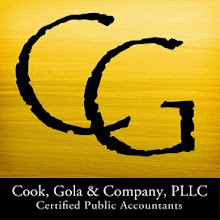Let's imagine a small plumbing company that has a credit card for business purchases. The company used this form of credit to purchase some plumbing equipment for a commercial property that took 90 days. Because of the wait for payment and the high cost of the materials, the owner of the firm repaid his credit card three months after the purchase. As a small business owner, he can claim the interest from this purchase on his income tax.
However, let's also imagine that the plumber decided to also use his or her credit card for personal uses. Just like he or she did with the equipment, there was a wait of 90 days with interest. In this case, the interest from this purchase would not qualify for income tax credit.
Furthermore, if the overall interest for both purchases was $2000, the owner would have to determine the percentage of each interest charge. If the interest from the equipment purchase demonstrated given from this story was only 60-percent, the plumber could only claim $1200 on his business taxes.
As we help small businesses with their taxes, we recommend that they use their business credit card for business-related expenses. This helps their tax prep work for their accounting firm, and it helps them keep track of all of their expenses related to their firm.
The rules for IRS tax writeoffs are somewhat complex, so it's best to consult your CPA to make sure your company understands what are business-related expenses and what are items that should be paid with a personal credit card.
-- Leann Carlson



No comments:
Post a Comment